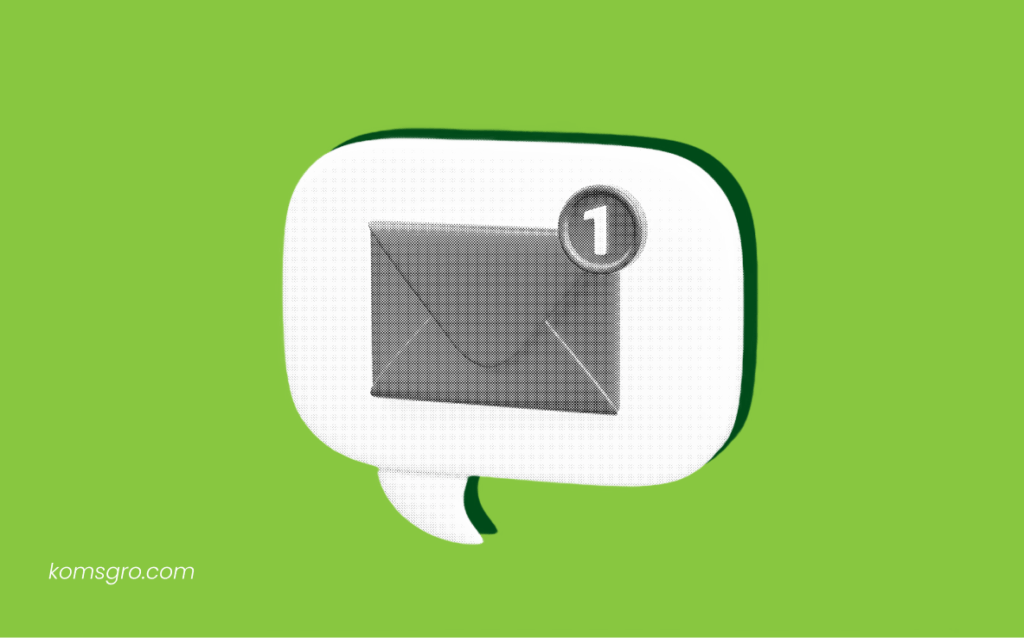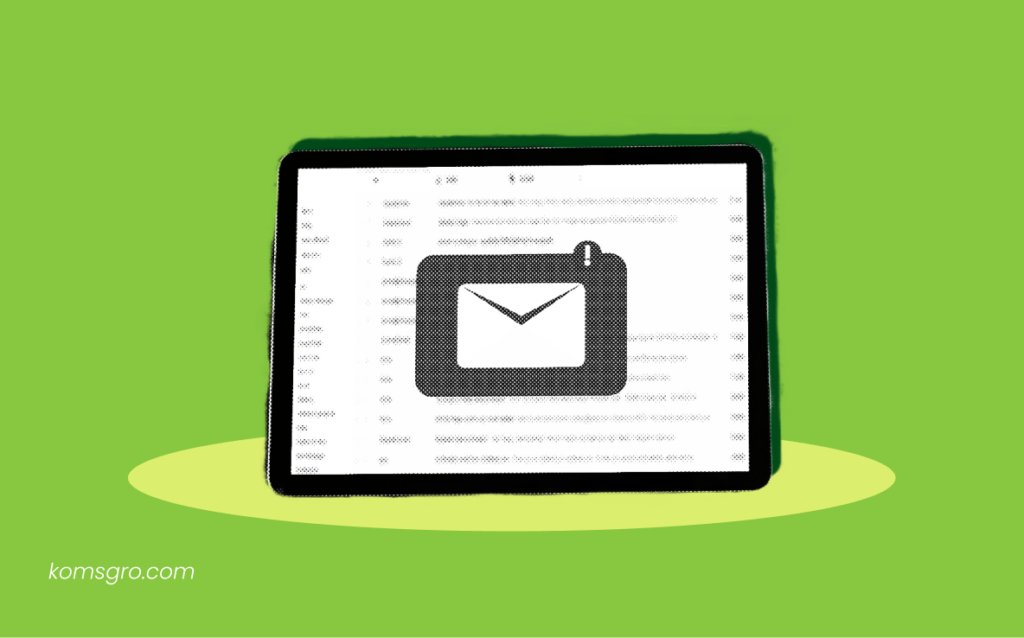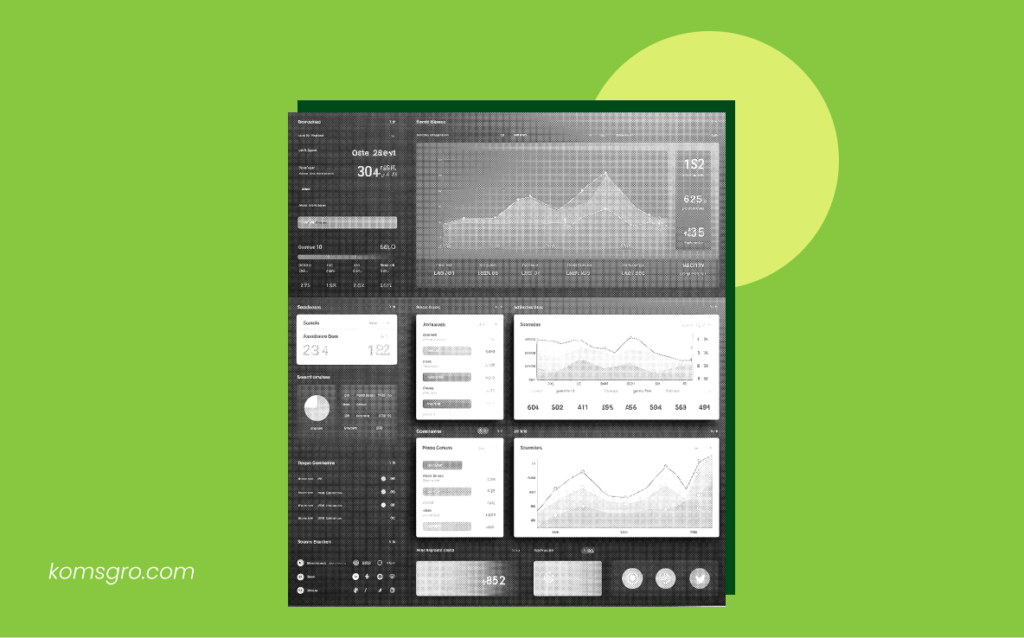Email marketing automation has revolutionised the way businesses connect with their audience, streamlining communication and boosting engagement. In this comprehensive guide, we’ll delve into the intricacies of implementing an effective email marketing automation strategy, covering everything from setting up workflows to crafting personalised content that resonates with your subscribers. Whether you’re a seasoned marketer or just starting out, this article will equip you with the knowledge and tools to master email marketing automation and take your campaigns to the next level.
Understanding Email Marketing Automation
Email marketing automation is the process of sending targeted, timely emails to subscribers based on specific triggers or actions.
It’s a powerful tool that allows businesses to nurture leads, engage customers, and drive conversions without manual intervention.
By leveraging automation, you can deliver the right message to the right person at the right time, maximising the impact of your email marketing efforts.
Benefits of Email Marketing Automation
• Time-saving: Automate repetitive tasks and focus on strategy
• Improved targeting: Deliver personalised content based on subscriber behaviour
• Increased engagement: Send timely, relevant messages that resonate with your audience
• Better ROI: Streamline your marketing efforts and boost conversions
Setting Up Your Email Marketing Automation Workflow
To implement an effective email marketing automation strategy, you need to create a well-structured workflow.
This involves mapping out the customer journey and identifying key touchpoints where automated emails can add value.
Steps to Create an Email Marketing Automation Workflow
1. Define your goals and objectives
2. Identify your target audience and segment your list
3. Determine trigger events and actions
4. Create relevant content for each stage of the customer journey
5. Set up automated email sequences
6. Test and optimise your workflow
Key Trigger Events for Email Marketing Automation
• Welcome series for new subscribers
• Abandoned cart reminders
• Post-purchase follow-ups
• Re-engagement campaigns for inactive subscribers
• Birthday or anniversary emails
Crafting Effective Automated Emails
The success of your email marketing automation strategy hinges on the quality of your content.
To create compelling automated emails, focus on personalisation, relevance, and value.
Email Marketing Best Practices for Automated Campaigns
• Personalise your subject lines: Use the subscriber’s name or other relevant information to grab attention
• Keep it concise: Get to the point quickly and use clear, actionable language
• Use segmentation: Tailor your content to specific audience segments for maximum relevance
• Include a clear call-to-action (CTA): Guide subscribers towards the desired action
• Optimise for mobile: Ensure your emails look great on all devices
Personalisation Strategies for Email Marketing Automation
Personalisation is key to creating engaging automated emails that resonate with your audience.
By leveraging data and behavioural insights, you can craft highly targeted messages that drive results.
Effective Personalisation Techniques
• Use dynamic content based on subscriber preferences
• Incorporate behavioural triggers to send timely, relevant messages
• Leverage purchase history to recommend related products or services
• Segment your list based on demographics, interests, or engagement levels
• Use AI-powered tools to predict and deliver the most relevant content
To know more about how to craft effective emails that garner responses, read about our zero-fluff email marketing strategy.
Measuring and Optimising Your Email Marketing Automation Strategy
To ensure the success of your email marketing automation efforts, it’s crucial to track key metrics and continuously optimise your campaigns.
Essential Email Marketing Metrics to Monitor
• Open rate
• Click-through rate (CTR)
• Conversion rate
• Unsubscribe rate
• Revenue per email
A/B Testing for Email Marketing Automation
A/B testing is a powerful technique for optimising your automated email campaigns.
By comparing different versions of your emails, you can identify what resonates best with your audience and refine your strategy accordingly.
Elements to Test in Your Automated Emails
• Subject lines
• Email copy
• CTAs
• Send times
• Design and layout
Advanced Email Marketing Automation Techniques
Once you’ve mastered the basics of email marketing automation, consider implementing these advanced techniques to take your strategy to the next level.
Predictive Analytics and AI in Email Marketing Automation
Leverage machine learning algorithms to predict subscriber behaviour and deliver hyper-personalised content.
AI-powered tools can help you optimise send times, subject lines, and content recommendations for maximum impact.
Omnichannel Integration
Integrate your email marketing automation with other marketing channels to create a seamless customer experience.
Synchronise your email campaigns with social media, SMS, and web personalisation efforts for a cohesive marketing strategy.
Dynamic Content and Real-time Personalisation
Implement dynamic content blocks that update in real-time based on subscriber behaviour, preferences, or external factors.
This level of personalisation can significantly boost engagement and conversions.
Overcoming Common Email Marketing Automation Challenges
As you implement your email marketing automation strategy, you may encounter some challenges.
Here are some common issues and how to address them:
Data Quality and Management
Ensure your subscriber data is accurate and up-to-date to maintain the effectiveness of your automated campaigns.
Regularly clean your list and implement data validation processes to maintain data integrity.
Avoiding Email Fatigue
Be mindful of the frequency and timing of your automated emails to prevent overwhelming your subscribers.
Implement preference centres that allow subscribers to control the types and frequency of emails they receive.
Compliance with Email Marketing Regulations
Stay compliant with email marketing regulations such as GDPR and CAN-SPAM by implementing proper opt-in processes and maintaining clear unsubscribe options.
Regularly review and update your email marketing practices to ensure ongoing compliance.
Tools and Platforms for Email Marketing Automation
Choosing the right email marketing automation platform is crucial for the success of your strategy.
Here are some popular options to consider:
• Mailchimp: User-friendly platform with robust automation features
• HubSpot: Comprehensive marketing automation suite with advanced CRM integration
• ActiveCampaign: Powerful automation capabilities with a focus on customer experience automation
• GetResponse: All-in-one marketing platform with strong email automation features
• ConvertKit: Designed for creators and bloggers with intuitive automation workflows
When selecting a platform, consider factors such as ease of use, integration capabilities, pricing, and scalability to ensure it meets your specific needs.
Future Trends in Email Marketing Automation
As technology continues to evolve, so does the landscape of email marketing automation.
Stay ahead of the curve by keeping an eye on these emerging trends:
• Interactive emails: Incorporate AMP for Email to create dynamic, interactive experiences within the inbox
• Voice-activated emails: Optimise your emails for voice assistants to cater to the growing popularity of voice search
• Augmented reality (AR) in emails: Explore the potential of AR to create immersive email experiences
• Advanced personalisation using big data: Leverage vast amounts of data to create hyper-personalised email experiences
• Blockchain technology for enhanced security: Implement blockchain solutions to improve email security and authentication
By staying informed about these trends and continuously refining your email marketing automation strategy, you’ll be well-positioned to drive engagement, conversions, and long-term customer loyalty. Remember, successful email marketing automation is an ongoing process of testing, learning, and optimising to deliver the best possible results for your business.


